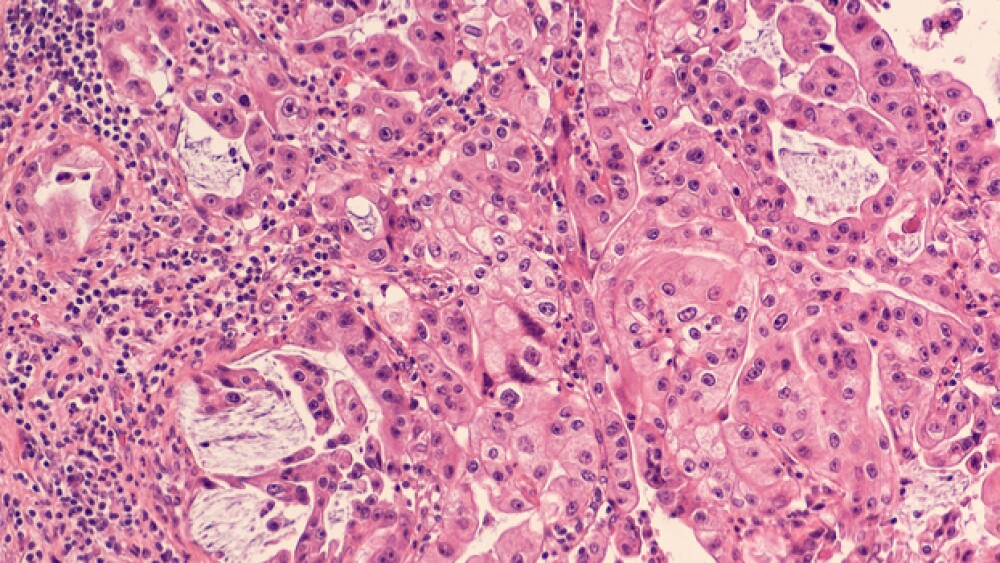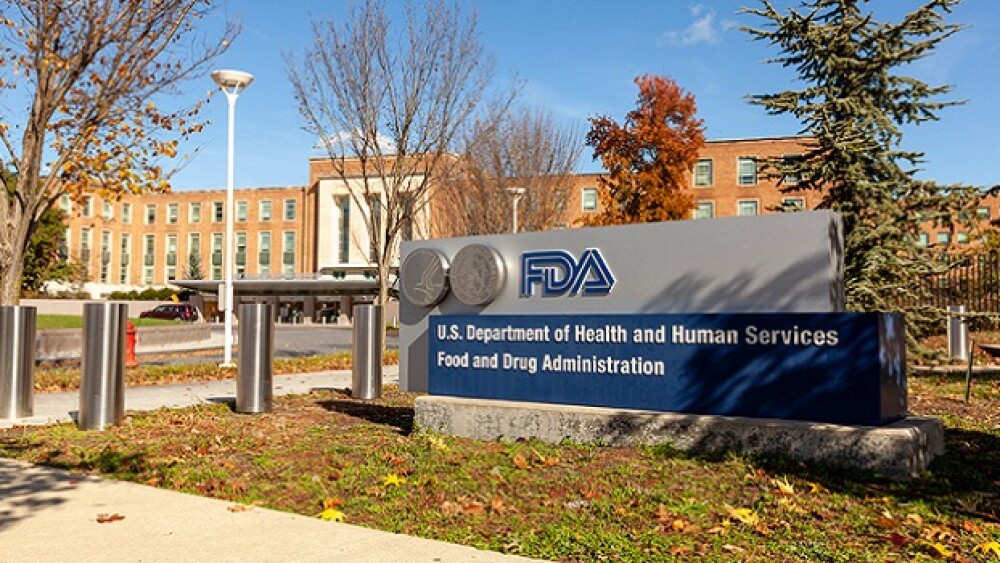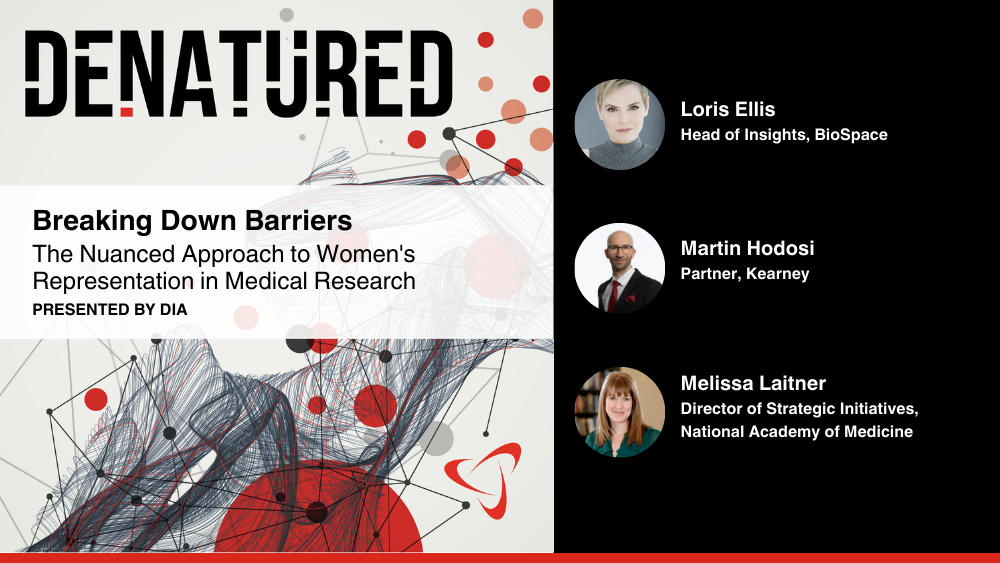Sanjeev Luther, president and chief executive officer of Rafael Pharmaceuticals, told BioSpace that the company made the decision to continue to enroll the trial, which was 75% filled, due to the short timeline patients with metastatic pancreatic cancer have.
Pancreatic cancer does not wait.
That simple truth about the severity of the disease is one of the reasons that Rafael Pharmaceuticals is slowly continuing with a Phase III trial in metastatic pancreatic cancer during the COVID-19 pandemic. While many companies have paused enrollment in clinical trials during the outbreak, Cranbury, N.J,-based Rafael opted to continue to enroll patients in its Phase III AVENGER 500 study of its lead compound CPI-613 (devimistat) in combination with modified Folfirinox (mFFX) as first-line therapy for the disease. Sanjeev Luther, president and chief executive officer of Rafael Pharmaceuticals, told BioSpace that the company made the decision to continue to enroll the trial, which was 75% filled, due to the short timeline patients with metastatic pancreatic cancer have. After discussing the matter of the trial with the company’s leadership team, Luther said they felt comfortable leaving the decision of whether or not the trial should continue to the conducting institute.
“We had long discussions back and forth. As a company, you want to continue the trial, but you also want to make sure that patients are safe during this time,” Luther said.
The feedback was to allow the testing sites to continue enrolling and treating patients if the risk of COVID-19 was low for them. As an example, one testing site is in Pittsburgh, where the outbreak has been somewhat low, Luther said that site continued to include patients. However, a testing site in New York City was closed due to the dangers of the pandemic.
“It’s not an easy decision. You have to make a decision on a hospital-by-hospital basis,” he said.
That means Luther pours over the COVID-19 case reports released by the Centers for Disease Control each morning to assess the safety in cities where testing facilities are located. It can slow down enrollment some, but Luther said that was OK due to the importance of patient safety. The trial had been running ahead by nearly eight months, so some slowing of enrollment is certainly acceptable, he added.
For the Phase III pancreatic cancer trial, Luther said that for many of the patients, the trial could be their last hope at extending their life. While COVID-19 is spreading across the globe, these cancer patients are already facing a terminal sentence from their own disease. He lauded the U.S. Food and Drug Administration for a guidance it released last month allowing trials to continue during the pandemic. According to the guidance, trial sponsors should focus “on the potential impact on the safety of trial participants, and modify study conduct accordingly.” Additionally, each clinical trial site has implemented their own safety measures based on guidelines from local authorities.
“The FDA’s guidelines are critical, as they are designed to enable the continuation of critical clinical trials while assuring the safety of trial participants, maintaining compliance with good clinical practice and minimizing risks to trial integrity,” Luther said.
Currently, Rafael Pharmaceuticals is conducting 11 different clinical trials assessing different compounds for rare cancers, including biliary tract cancer, relapsed or refractory acute myeloid leukemia and Burkitt’s lymphoma/leukemia. Some of those cancers have incredibly short survival rates, Luther said, which is why it’s important to, if safe, continue with the trials in order to provide potentially life-saving mediation to them. That’s not to say that Rafael has continued with all trials during the pandemic. The company has paused enrollment in some Phase I and Phase II trials due to consideration of patient safety and Luther noted that he “was OK with that.”
Luther hopes that by September, the industry, at least the companies aiming their research at rare cancers, will return to something akin to business as usual. But, Rafael, as well as other companies, will continue to assess the pandemic landscape as they continue operations. And through it all, Rafael continues to hold to its motto of “To Save a Life is to Save a Universe.”





